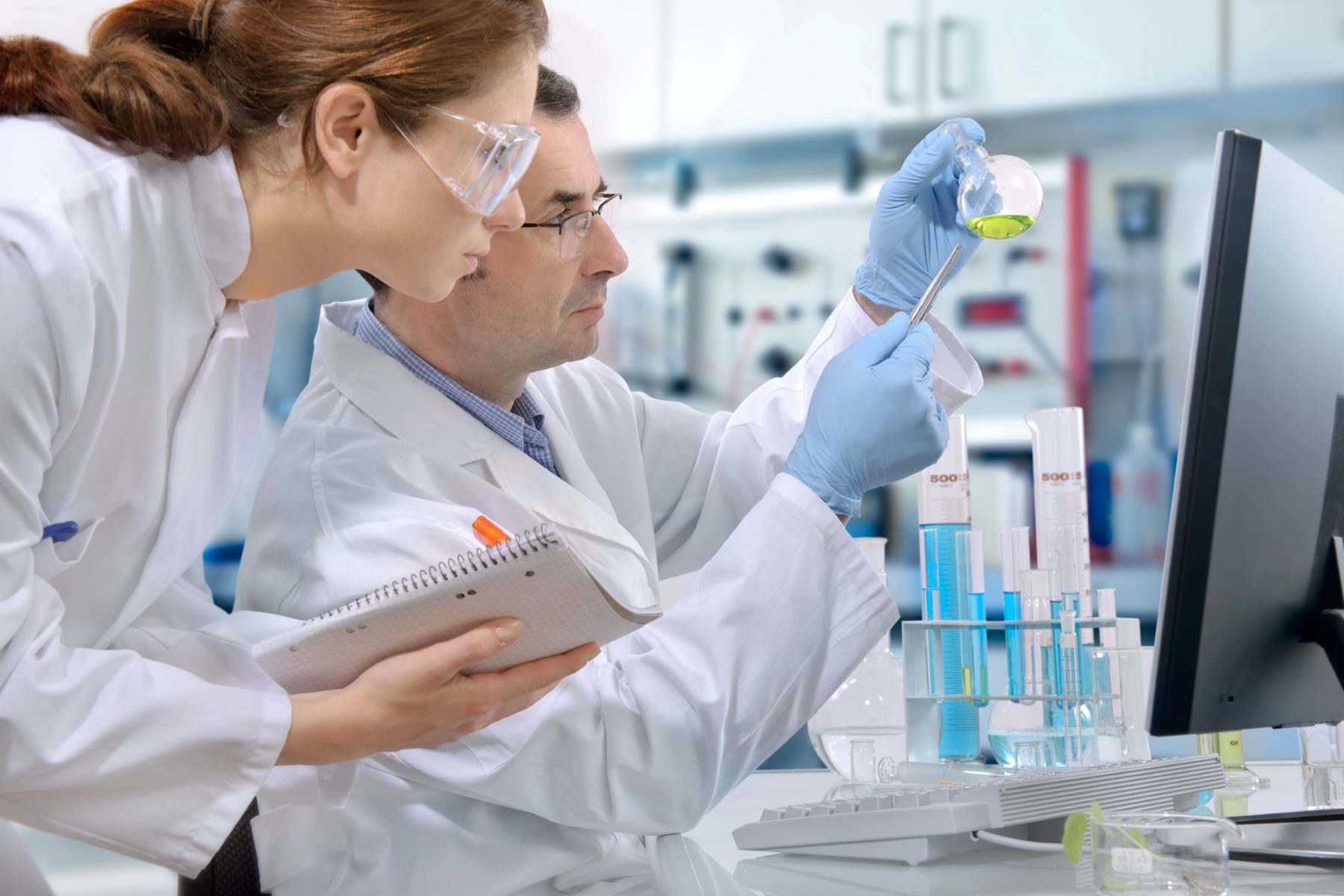The project GAIA has realized the optimization of the conversion processes of wastewater and carbon dioxide in biofuels. In this way, they have managed to exceed the performance achieved with previous technologies, significantly reducing production costs and overall profitability.
The project was completed after three years of research GAIA has ended with promising results that represent significant progress in the production of sustainable biofuels, such as biomethane and butanol, from renewable sources such as CO₂ and wastewater. This technological development, based on microbial bioelectroconversion, has made it possible to optimize both the design and operation of bioelectric systems, making the technology as a viable option in the fight for decarbonization and the circular economy.
The project, carried out by a multidisciplinary consortium led by Leitat in which Facsa and the University of Girona (UdG) participated, managed to identify the best operational and material conditions for build efficient reactors. This progress makes it possible to improve the productivity of the process and reduce production costs, bringing the technology closer GAIA for possible commercialization in the future.

GAIA and commercialization
In this sense, one of the most relevant milestones of the project was the design of a pilot-scale cell, which will serve as a basis for future research in real environments, such as wastewater treatment plants (WWTPs). This development will allow these facilities to be converted into authentic biorefineries, increasing their role in their production sustainable energy and its contribution to decarbonization.
The techno-economic analysis carried out during the project revealed the best scenarios to implement the technology GAIA in urban treatment plants, using wastewater and CO₂ flows generate biofuels efficiently and sustainably.

“At Leitat we are proud to have contributed to transforming an emerging technology into a real solution that can convert carbon dioxide emissions into methane through a bio-electroconversion process using renewable energy sources,” says Eduard Borràs, Area Manager at Leitat. “This progress reinforces our commitment to innovation and development bioelectrochemical technologies that drive decarbonization of the economy«he adds.
“The research has enabled us to make progress in developing a bioelectrochemical platform for the… production of biofuels from a greenhouse gas such as carbon dioxide (CO₂). This project has allowed a better understanding of the operating conditions necessary for the selective production of biofuels, as well as the role of microorganisms as biocatalysts in this process,” explains Sebastià Puig, Associate Professor at the UdG.
For her part, Gracia Silvestre, R&D&I project technician at Facsa, assures that this research “opens up new and interesting possibilities for treatment of urban wastewater and at the same time the valorization of residual CO₂ flows. And he adds that “the scaling up of this technology is essential to continue exploring its potential, as we have been able to identify the best real-world scenarios where the technology could have greater implementation success in the future.”
The project is funded by the Ministry of Science and Innovation and the European Union through NextGenerationEU funds GAIA leaves a clear roadmap for the future implementation of this technology, with the aim of creating new business opportunities and a a more environmentally friendly society.
Basics for marketing
This project responds to Leitat’s strong commitment to research and innovation as key tools to transform technological challenges into solutions with high social and environmental value for a cleaner and more sustainable future. Over the past ten years, the technology center has participated in more than 90 projects funded by the European Commission related to conservation of the environment and is currently working on 14 projects focused on water treatment and reuse.
This technological development, that is based on microbial bioelectroconversion, This was possible thanks to the joint work of a multidisciplinary consortium led by Leitat, in which the University of Girona and Facsa also participated.

